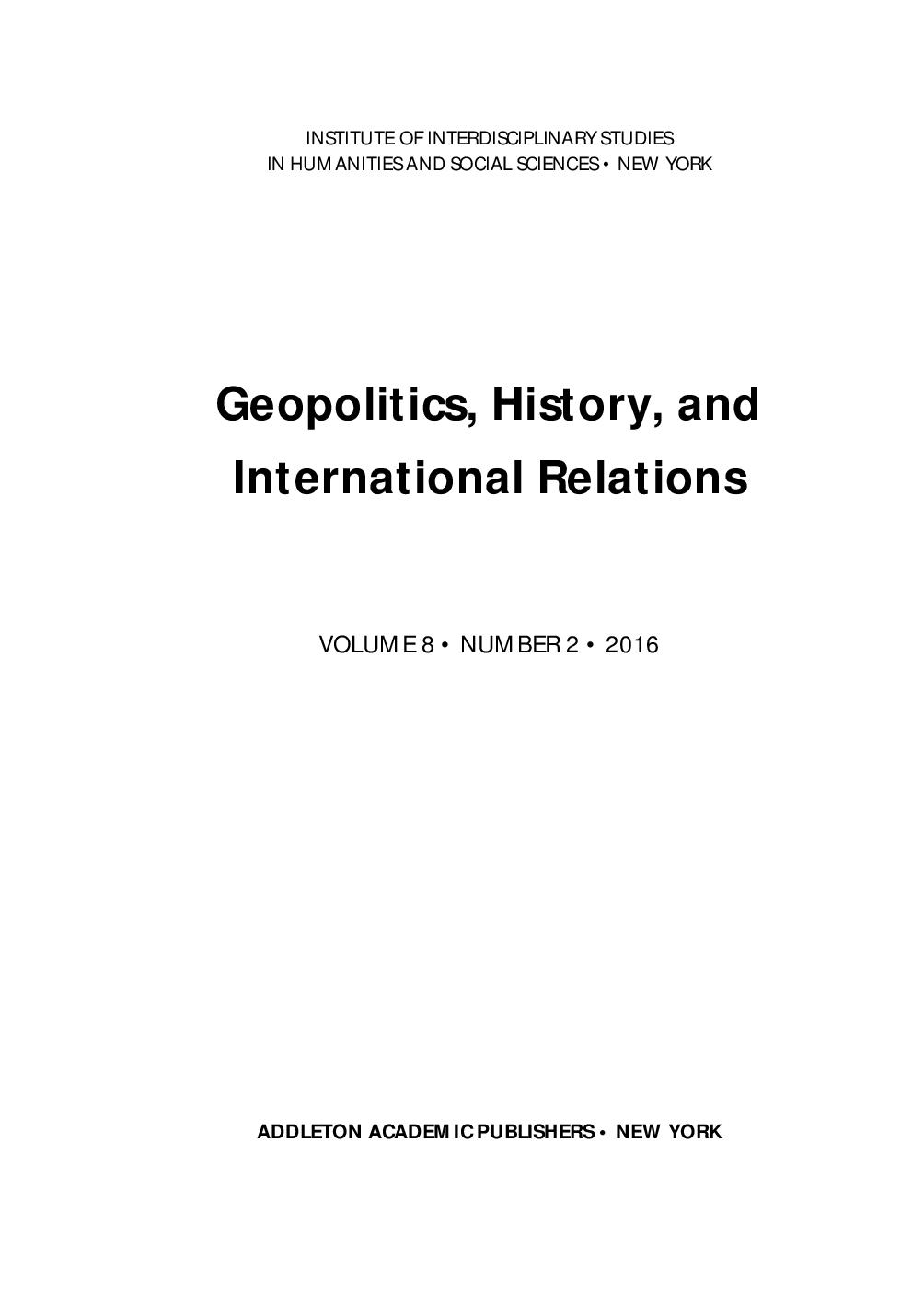ORDINAL VERSIONS OF V-DEM’S INDICES: WHEN INTERVAL MEASURES ARE NOT USEFUL FOR CLASSIFICATION, DESCRIPTION, AND SEQUENCING ANALYSIS PURPOSES
ORDINAL VERSIONS OF V-DEM’S INDICES: WHEN INTERVAL MEASURES ARE NOT USEFUL FOR CLASSIFICATION, DESCRIPTION, AND SEQUENCING ANALYSIS PURPOSES
Author(s): Staffan I. LindbergSubject(s): Political behavior
Published by: Addleton Academic Publishers
Keywords: ordinal version; V-Dem’s indices; interval measure
Summary/Abstract: In the wake of the Cold War democracy has gained the status of a mantra. The transition to democracy and its consolidation remain key issues in global development today. Yet, uncertainty persists over why some countries become and remain democratic and others do not. One of the obstacles to advancement in the field of democratization studies is the absence of a wide-ranging database that tracks multifarious aspects of countries’ institutional histories. Varieties of Democracy (V-Dem) provides a new set of 350 indicators of various facets of democracy, 34 indicies of various components building off these indicators, and five main democracy indices. All indices are interval ranging from 0 to 1. Based on a conceptual discussion of the nature of the concept of “democracy,” this articles makes the argument that for many descriptive purposes, as well as a series of important analytical endeavors, interval indices are not particularly useful (despite their many important advantages). Indices like all the ones V-Dem produces are thus in need of ordinal versions allowing for survival analyses, classification of regime categories, understanding and explaining successful transitions to democracy, breakdown of democratic regimes, as well as for the emerging area of sequence analysis. This article then advances a set of coding rules that transforms the existing, original V-Dem indices to ordinal indices with three, four and five levels respectively. Users can determine which level of distinction is most useful for the research project, or the task of descriptive representation at hand. For the democracy indices that V-Dem supplies at the highest level of aggregation, the paper also suggests a classification of the levels into varying regime types.
Journal: Geopolitics, History, and International Relations
- Issue Year: 8/2016
- Issue No: 2
- Page Range: 76-111
- Page Count: 36
- Language: English

